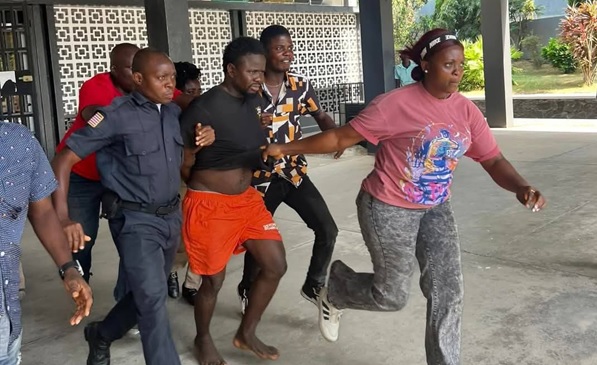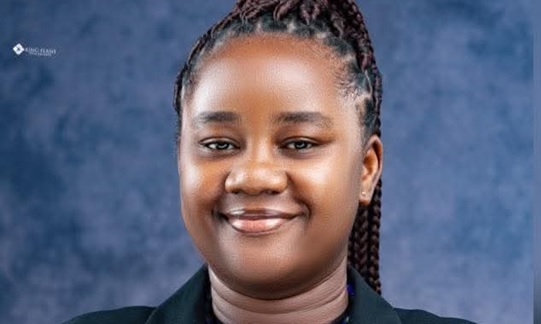MONROVIA, LIBERIA – President Joseph Nyuma Boakai has found himself at the center of public criticism following the announcement of his two-day visit to Accra, Ghana. The trip, which includes meetings with Ghana’s outgoing President Nana Addo Dankwa Akufo-Addo and President-elect John Dramani Mahama, has been overshadowed by revelations that Boakai will also attend the wedding of a friend’s daughter. This personal engagement, announced in an official government press release, has ignited widespread frustration among Liberians contending with pressing domestic issues.
The announcement, made on the Executive Mansion’s Facebook page on Saturday, December 28, 22024, framed the wedding attendance as a gesture symbolizing the strong ties between Liberia and Ghana. However, the release omitted details about the identities of the friend or their daughter, raising questions about transparency and the appropriateness of mixing personal affairs with state business. Critics argue that such engagements should not feature prominently in official government communications, particularly at a time when the nation faces critical challenges.
The criticism was immediate and fierce, with social media serving as a platform for citizens to express their dissatisfaction. Many accused the President of prioritizing personal obligations over the urgent needs of the country. Trokon Augustus Freeman, a prominent commentator, labeled the announcement a “public relations disaster” and argued that mentioning the wedding in an official press release was unnecessary and damaging.
A recurring concern among critics is the potential misuse of taxpayer funds to finance the trip. While the Executive Mansion did not disclose the trip’s costs, many suspect that public resources are being spent on what they see as a frivolous endeavor. Grebo Governor, a vocal critic, accused the President of enjoying luxuries at the expense of ordinary Liberians, saying, “Boakai is now attending a wedding in Ghana on taxpayers’ money while hospitals lack supplies and schools are in shambles.”
This criticism reflects a broader frustration with government spending and priorities. Liberia’s health care system remains underfunded, and the prolonged closure of the University of Liberia has left over 19,000 students without access to education. Commentator Sam Sehkro Jr. expressed his disappointment, saying, “It is shameful that leaders can find resources for foreign trips while neglecting the basic educational needs of our youth.”
The controversy has also reignited comparisons with the administration of former President George Weah. During Weah’s tenure, similar trips were criticized as wasteful, and many are now accusing Boakai’s administration of perpetuating the same practices. “Liberia’s mentality needs to change,” remarked Ibrah Ibrah, who noted the double standards in public reactions to such issues.
For many, the President’s trip is emblematic of deeper systemic issues. Citizens are frustrated by the lack of progress in critical sectors, including infrastructure and public utilities. Cllr. David K. Watson Jr. lambasted the President’s leadership, citing ongoing instability with the Liberia Electricity Corporation (LEC) as an example of the administration’s failures.
Amid the criticism, a small number of Liberians defended the President, pointing to the potential diplomatic value of his meetings in Ghana. However, these defenses have done little to quell the broader outrage. For many, the inclusion of a personal event like a wedding in the official itinerary undermines the credibility of the administration’s priorities.
President Boakai is expected to return to Liberia on December 30, 2024. In his absence, Minister of Justice Counselor Oswald N. Tweh will oversee the Cabinet in coordination with the Vice President. Yet, this arrangement has done little to reassure citizens who believe the President’s absence during a critical period reflects poorly on his leadership.







